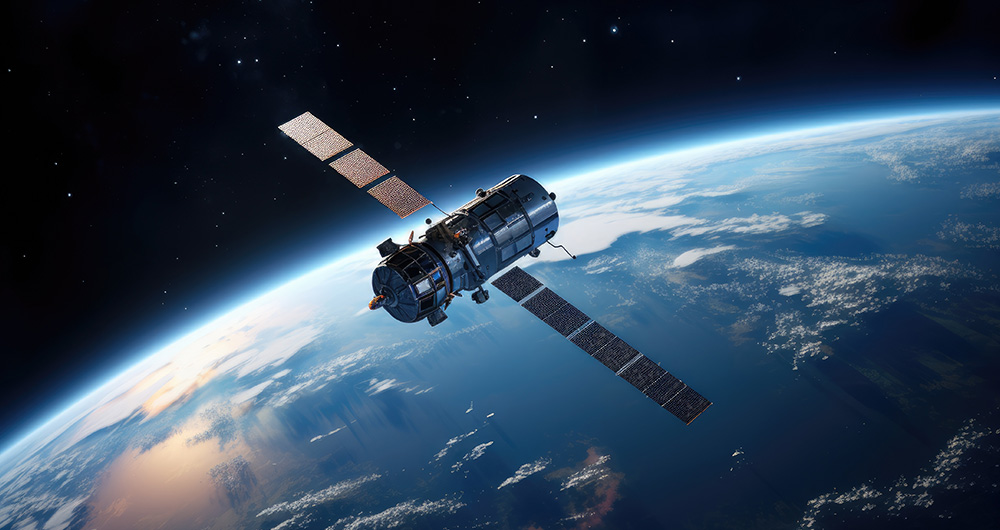14 posts found
Open Data and Synthetic Data for Innovation, Privacy, and Trust
Artificial Intelligence (AI) is becoming one of the main drivers of increased productivity and innovation in both the public and private sectors, becoming increasingly relevant in tasks ranging from the creation of content in any format (text, audio, video) to the optimization of comp…
How to ensure the authenticity of satellite imagery
Synthetic images are visual representations artificially generated by algorithms and computational techniques, rather than being captured directly from reality with cameras or sensors. They are produced from different methods, among which the antagonistic generative networks (Generative Adversarial…
How to measure carbon footprint using open data
The carbon footprint is a key indicator for understanding the environmental impact of our actions. It measures the amount of greenhouse gas emissions released into the atmosphere as a result of human activities, most notably the burning of fossil fuels such as oil, natural gas and coal. These gases,…
From data strategy to data governance system (part 1)
More and more organisations are deciding to govern their data to ensure that it is relevant, adequate and sufficient for its intended uses, i.e. that it has a certain organisational value.
Although the scenarios are often very diverse, a close look at needs and intentions reveals that many of these…
From data strategy to data governance system (part 2)
In the first part of this article, the concept of data strategy was introduced as the organisation's effort to put the necessary data at the service of its business strategy. In this second part, we will explore some aspects related to the materialisation of such a strategy as part of the design or…
Accelerating the energy transition with open data
Aspects as relevant to our society as environmental sustainability, climate change mitigation or energy security have led to the energy transition taking on a very important role in the daily lives of nations, private and public organisations, and even in our daily lives as citizens of the world. Th…
The dataspace of tourism
Europe is developing a common data space for tourism, aiming to integrate various stakeholders, including local and regional authorities, the private sector, and multiple member states. Spain is among them, where several workshops have already been conducted as part of the process to energize…
Use case development model for data spaces
We live in the era of data, a lever of digital transformation and a strategic asset for innovation and the development of new technologies and services. Data, beyond the skills it brings to the generator and/or owner of the same, also has the peculiarity of being a non-rival asset. This means that i…
The dataspaces starter kit
A data space is a development framework that enables the creation of a complete ecosystem by providing an organisational, regulatory, technical and governance structure with the objective of facilitating the reliable and secure exchange of different data assets for the common benefit of all actors i…
The benefits of open data in the agriculture and forestry sector: the case of Fruktia and Arbaria
As in other industries, digital transformation is helping to change the way the agriculture and forestry sector operates. Combining technologies such as geolocation or artificial intelligence and using open datasets to develop new precision tools is transforming agriculture into an increasingly tech…









